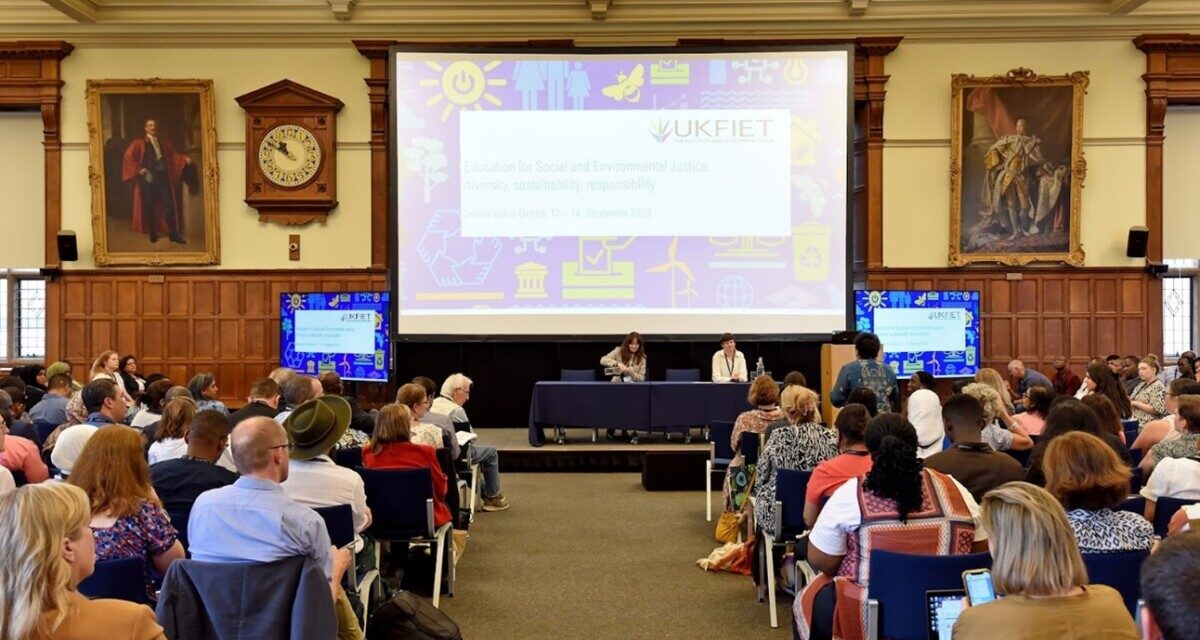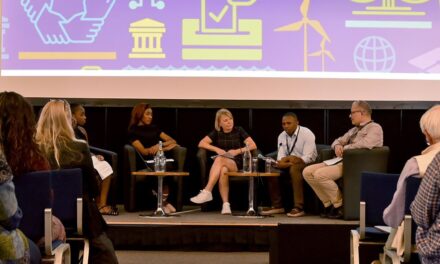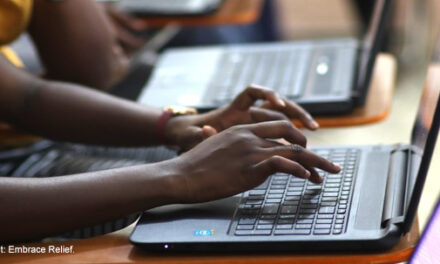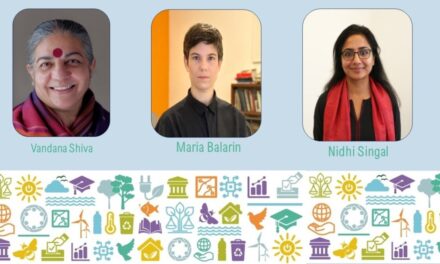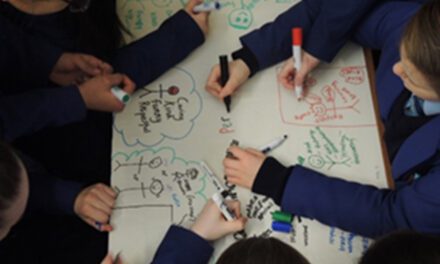This blog was written by Dr Jane Nebe, an independent education consultant, who works as a part-time ethnographer on The Open University’s Ibali Project. The Ibali Project is a UK Arts and Humanities Research Council (AHRC) funded project that uses storytelling to explore commonalities and differences in how inclusion and exclusion are experienced across education systems in South Africa, Nigeria and the UK. For the 2023 UKFIET conference, 32 individuals, including Jane, were provided with bursaries to assist them to participate and present at the conference. The researchers were asked to write a short piece about their research or experience.
Attending the UKFIET conference for the first time gave me the opportunity to engage critically with the discourse on justice in and through education. It also challenged me to reflect on my past, present and future contributions to promoting an education for social and environmental justice. It was insightful to learn how researchers and practitioners in international education were researching and providing solutions to address social and environmental injustice. In this blog, I will share my personal reflections on some of the sessions that I participated in.
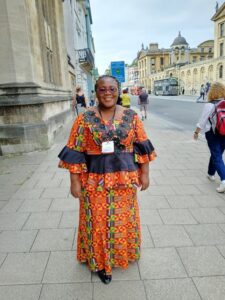 The keynote on the first (virtual) day of the conference by Dr Vandana Shiva introduced me to the notion of an ‘Ecological Apartheid’ and how an education for environmental justice should aim towards ending this. My concern however, is how education for environmental justice seems to be more about telling the ‘other’, particularly the young people, to do something about the environment. It seems unfair to put the burden of fixing ecological apartheid on the ‘other’, especially the next generation, if education is viewed as the main instrument for doing so. What about me, we, the present generation, what are we supposed to do in our personal space, outside the education sphere? Dr Shiva gives useful suggestions that emphasise how the pursuit of justice must begin with a change in our mindset and taking personal responsibility to give back to Mother Earth.
The keynote on the first (virtual) day of the conference by Dr Vandana Shiva introduced me to the notion of an ‘Ecological Apartheid’ and how an education for environmental justice should aim towards ending this. My concern however, is how education for environmental justice seems to be more about telling the ‘other’, particularly the young people, to do something about the environment. It seems unfair to put the burden of fixing ecological apartheid on the ‘other’, especially the next generation, if education is viewed as the main instrument for doing so. What about me, we, the present generation, what are we supposed to do in our personal space, outside the education sphere? Dr Shiva gives useful suggestions that emphasise how the pursuit of justice must begin with a change in our mindset and taking personal responsibility to give back to Mother Earth.
I recognise my increasing disconnect from environmental issues recently, especially with numerous issues calling for attention at any given time. Therefore, I have resolved to be intentional in seeking and applying knowledge about protecting the environment. This brings us back to the conference theme that emphasises how education plays a key role in the pursuit of social and environmental justice, but this education must apparently begin with the self. A theme that came out strongly across the diverse and critical dialogue at the conference is how experiences of injustice are mediated by issues such as gender, race, capitalism, religion, cultural values, politics and colonial histories. As I go through my self-education, I am keen to learn how my actions or inactions as an individual and as part of my community, create, reproduce, and exacerbate these injustices; as well as learn how to achieve the greater good of justice for all.
Epistemic injustice is another notion that I encountered at the UKFIET 2023 conference. On Wednesday, 13th September, I joined the session on ‘Publishing a paper in International Journal of Educational Development’, led by Professor (emeritus) Stephen Heyneman, the journal’s editor-in-chief. He shed light on the quality of the content that the journal expects and addressed the questions that participants asked. While emphasising the need for content to be nested in global literature, Professor Heyneman recognised that researchers from some contexts might have challenges with accessing international journal articles, if they are not affiliated to institutions that have access or if their institutions do not have this access or if the articles are not open access.
This reminded me of Maria Balarin’s plenary on Tuesday, 12th September where she noted how Epistemic Injustice engenders the inability of individuals to equally contribute to knowledge production and consumption. The current efforts by many individuals and institutions to address the gaps that epistemically exclude, or silence international researchers are commendable. For instance, UKFIET had offered bursaries to support attending the 2023 conference and I was a beneficiary. The bursary was helpful, alongside a grant from The Open University’s Ibali project, in ensuring that I was able to take part in the conference. However, there are other systemic issues like getting a travel visa that could have excluded other researchers who wished to contribute to knowledge at the UKFIET conference.
While it seems that it is institutions that need to do more to mitigate policies, structures, and practices that perpetuate epistemic injustices, I wonder what individuals like me can do. I understand that the unit of any institution is the individual. Thus, institutional efforts are often the products of individual endeavours. However, what can individuals without institutional affiliations do? Please share your thoughts.

